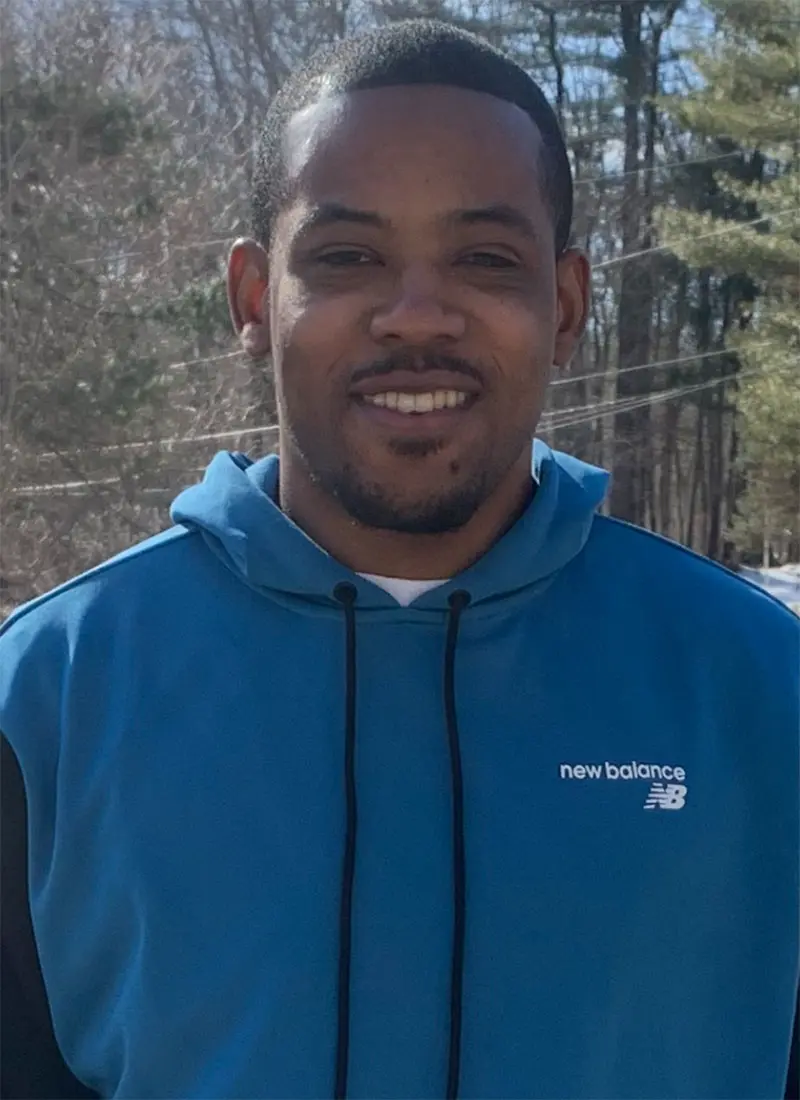Michael Hines began college as a business major and basketball player at Framingham State before transferring to the University of North Carolina.
He had hoped to play hoops there, too, but a change in the coaching staff and other problems shelved his dream. Meantime, he was piling up student loans, so he took some time off college to work.
“My mom was stressing out financially, and I was having issues with my financial aid,” he says. “And when I wasn’t playing sports, and I wasn’t focused – because sports kind of kept me on track – I decided not to waste any more money, so I went home to work.”
Home was Boston, and Hines, who had always had a knack for business, got a job for a sales and marketing firm. He worked his way up the ladder over the next few years until he was putting in 60 to 70 hours a week.
When he got married and moved to Westford, Massachusetts, his wife encouraged him to leave his job and go back to college. He felt that he already knew a lot about business, so he decided to study physical therapy as a way to reconnect with sports.
He enrolled at UMass Lowell as an exercise physiology major, with plans to go straight on for his Doctor of Physical Therapy (DPT) degree. Unfortunately, most of his business credits didn’t transfer, so “I had to start from scratch,” he says.
A couple of years later, his advisor told Hines that the Zuckerberg College of Health Sciences had decided to rename the major “exercise science” and split it into two pathways: the traditional, science-heavy clinical degree that qualifies students for the DPT program; and a new exercise and fitness management (EFM) path that combines classes in science, business, public health and psychology. Students can earn a business administration minor that allows them to go on for an MBA, too.
Hines decided to switch because he saw a way to combine athletics and business and also graduate earlier. He says that whether or not he returns to school again to become a physical therapist, he plans to own and run his own facility one day.
“I have a passion for business, always,” he says. “I was selling candy when I was 12 years old, selling sneakers, cellphones – I always had that entrepreneurial spirit.”
In the meantime, Exercise Science Program Director and Asst. Teaching Prof. Kyle Coffey helped Hines to get an internship at Athletic Evolution in Woburn, which combines high-intensity athletic training, physical therapy and general fitness in one facility. Hines is spending time in each area, as well as the business office.
“It’s exciting,” he says of the athletics training center. “They’ve trained some players that have actually made it to the NFL, the NBA, the NHL and Major League Baseball. They have football players who are training for the NFL combine, along with many high school athletes who want to go to DI schools.”


